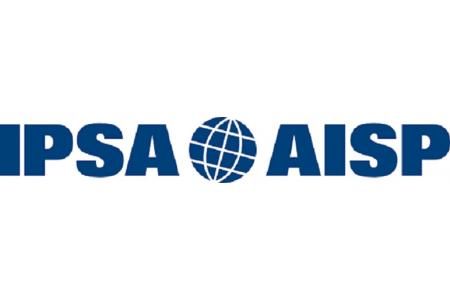|
1. Artificial intelligence is transforming several fundamental aspects of academic life, including bibliographic search and review activities. These tasks now make use of applications that can monitor large volumes of texts, generate lists, extract key information and conclusions, and more. AI tools include Iris.ai, which has collaborated with universities such as Helsinki University for more than a year; ResearchRabbit, developed in 2021 to visualize research landscapes, now works with PubMed and Semantic Scholar (among others) to increase its offer; Elicit, already present in the library guides of an increasing number of universities, such as Arizona, Penn State and Singapore (Thematic Networks on the IPSAPortal).
2. ChatGPT's introduction sparked a debate in academia focused mainly on the problem of plagiarism and the potential for student misuse. After a year of development and extensive experimentation, universities are now engaged in an internal discussion on how to regulate and enhance the use of artificial intelligence tools in teaching practices. Arizona State University in January became the first university to institutionalize experimentation downstream of a definition of privacy terms. The university has since announced an agreement with OpenAI to use generative intelligence (Institutions on the IPSAPortal).
3. Internationalization of the student body is another hot topic for universities around the world. The recently released “Diversification and Strengthening International Recruitment Practices” report, based on a survey of the Universities UK’s membership, reveals that almost the totality (90%) of respondents are actively working to increase and diversify their international student base. Initiatives have been undertaken to streamline application processes and align acceptance with international student timelines. Universities have been accused of engaging in bad practices, however, by lowering admission standards for international students who pay far higher tuition fees than UK students (The Guardian), effectively subsidizing their education and research activities (Media Sources on the IPSAPortal).
|

